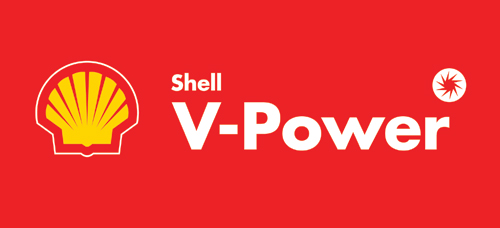Suppliers and distributors may enter into an informal distribution agreement at any time. In fact, many do, but these oral agreements often give rise to misunderstandings that can be very problematic for one or two companies. As a general rule, a distributor agreement defines the conditions of sale of the products purchased by the distributor, the obligations and liabilities expected of the distributor and the circumstances in which the contract can be terminated. A negotiation contract also makes it possible to fix the means of payment, the date of delivery and the extent of the merchant`s territorial rights. Distribution agreements give a distributor the right and obligation to sell and market the supplier`s products. This is a win-win situation for both the supplier and the distributor: for a fee or commission, the distributor markets the product, so the supplier does not have to worry about how he puts his products in good hands. These agreements are also referred to as product distribution agreements and distribution rights agreements. The agreement ensures that the company cannot hire other distributors in the same area for the sale of the same product. The duration of the agreement is particularly important where the distribution agreement includes minimum order requirements or an element of exclusivity. In any case, the main terms of a distribution agreement should indicate when and how both parties accept and pay for an order.
Many distribution agreements contain a clause that sets out what the distributor receives for the sale of the product, as well as a commission based on the number of products they sell. Commissions give the distributor an additional incentive to sell as much of the supplier`s product as possible. The distributor receives a percentage of the total turnover, so the more he sells, the more money both parties make. Nicolas Feuillatte Champagne and two importers-distributors penalized for maintaining exclusive import agreements in the French West Indies* Background According to a report by the French Directorate-General for Competition Policy, Consumer Protection and Fraud Control (DGCCRF), the French (…) The price at which the company sells the products, including discounts, and the distributor will buy the same, is clearly stated in the agreement. This will minimize disputes in the future. Unlike a developer distribution agreement, which is a separate type of agreement, a basic distribution agreement should contain a specific language to make it legally binding. This information includes: providers who use channel partners as part of their distribution network can use a one- or two-tier distribution channel. In a single-tier distribution system, the provider develops relationships with channel companies such as VARs, system integrators (SIs), and managed service providers (MSPs) that sell to end customers. In a two-step system, the supplier sells products to an independent distributor who, in turn, supplies products to channel partners who then package solutions for end customers. The two-stage model makes dealer agreements necessary to facilitate relationships between distributors and channel partners….


